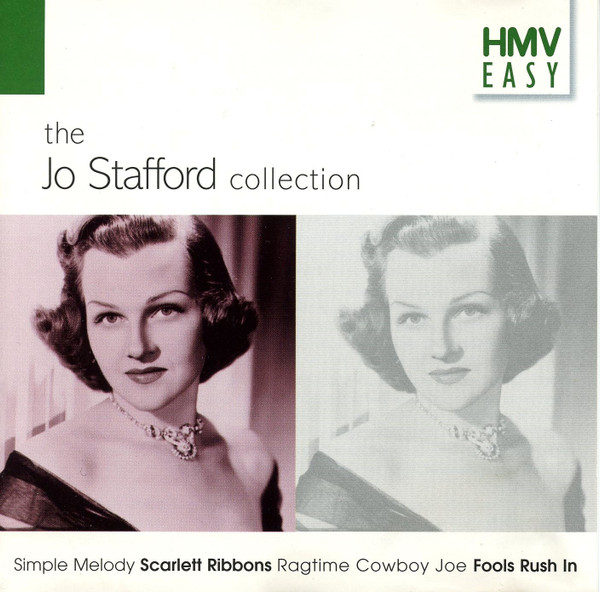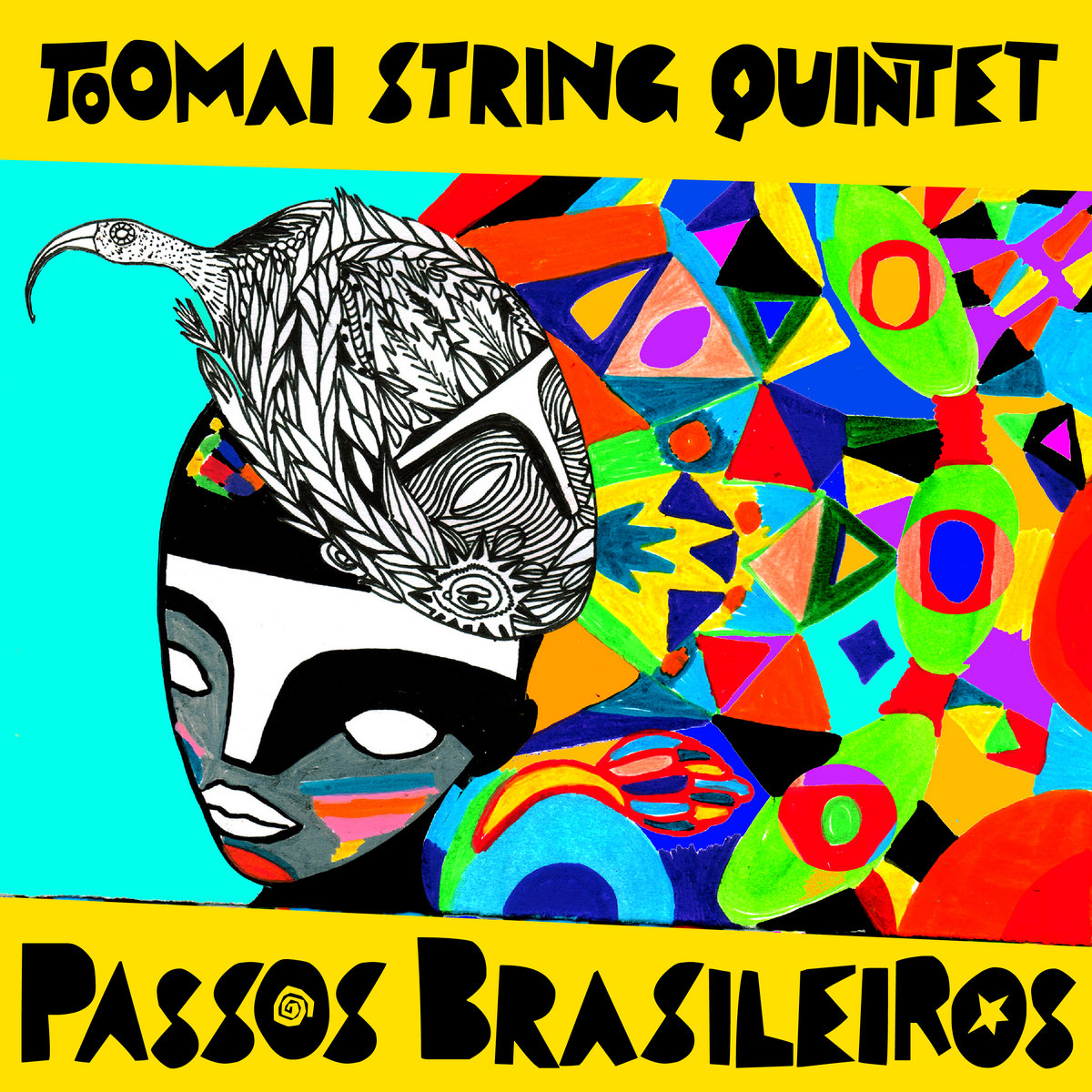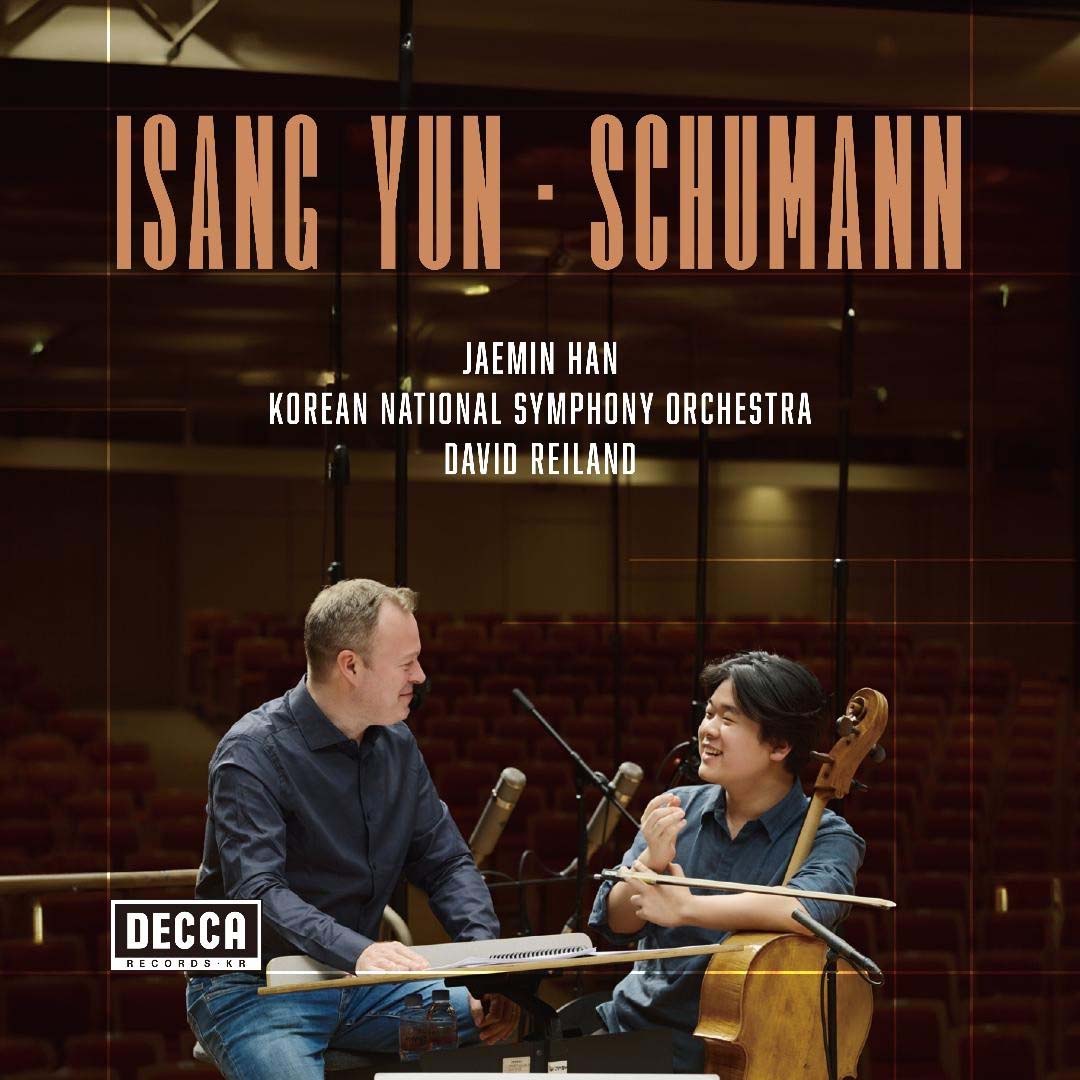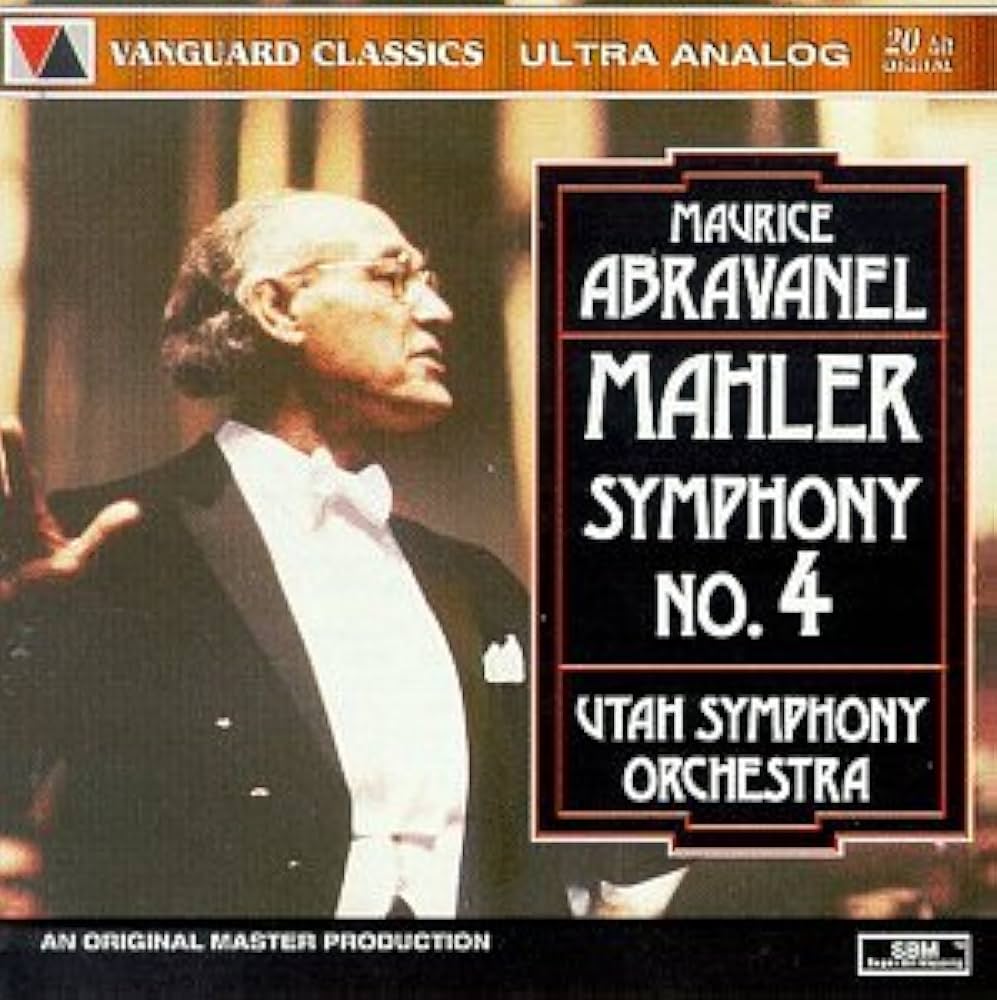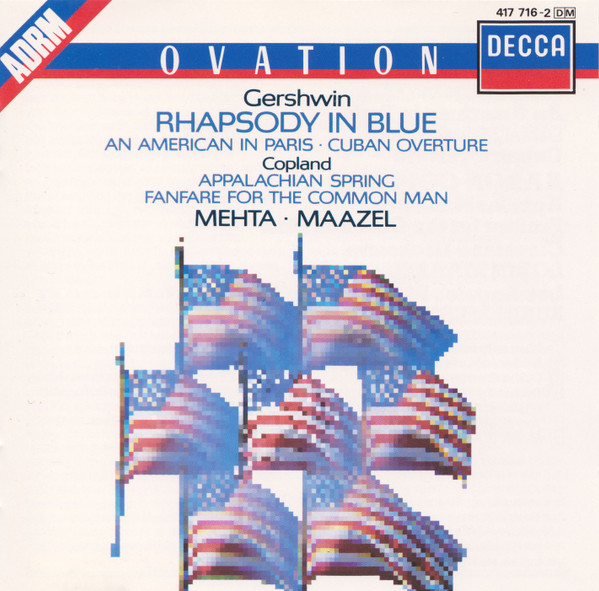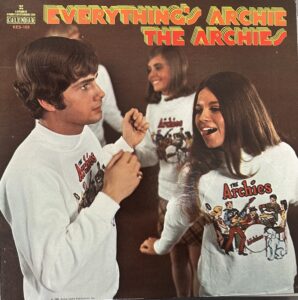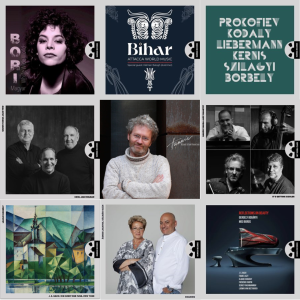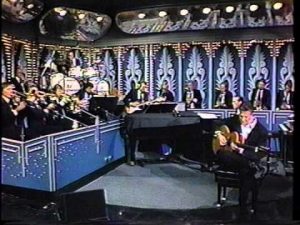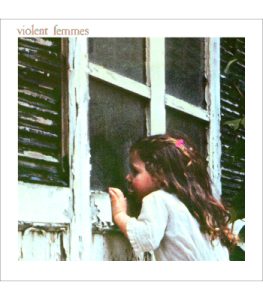Bartók Concertos. Bartók Piano Concertos 1-3, Pascal Rogé, piano; London Symphony/Walter Weller. Violin Concerto 1, Kyung-Wha Chung, violin; Chicago Symphony/Sir Georg Solti. Violin Concerto 2, Iona Brown, violin; Philharmonia Orchestra/Simon Rattle. Two Portraits, Chantal Juillet, violin; Montreal Symphony/Charles Dutoit. Decca Eloquence 480 2320 (2 CDs). TT: 79.30, 78.13. Downloads: Amazon.com (all except Violin Concerto 2)
This compact collection, fitting Bartók's major concerti onto two well-filled discs, looks like an ideal package, but it doesn't fulfill its promise.
The prize is the cycle of three piano concertos, which doesn't seem to have had much, if any, Stateside distribution. Since most of Pascal Rogé's Decca/London discography comprises French repertoire—Saint-Saëns, Fauré, Debussy, Ravel, Satie, Poulenc—I wondered how good a fit he'd be for the very different Bartók. Rogé plays these scores with the sort of weighted, resonant tone you might expect to find in the big Romantic concerti; yet, for all his tenuto, articulations are always clean and clear. The always underrated Walter Weller, who never lets a routine note get by, complements him superbly.
If you prefer the spiky, detached projection of most specialists (Zimerman, Pollini, Bishop), this may not be for you. On the other hand, if you're partial to Ashkenazy's full-bodied manner in the Prokofiev concerti—I haven't actually heard his Bartók—these are worth exploring: they're my new go-to recordings.
The violin concertos, alas, cloud the issue. The two-movement First, which lay unpublished for over a decade after Bartók's death, is more rhapsody than concerto, which is the problem: a lack of a clear form. One loose-limbed phrase or episode follows another, without any clear connection or other obvious structural signposts. As the music rambles over hill, over dale, Kyung-Wha Chung's customary vibrant, soaring tone gets little chance to shine (literally), and, save in a few climaxes, Sir Georg Solti can't offer much beyond stylish support.
Then, although Chung has also recorded the incomparably finer Second Violin Concerto—for many years "the Bartók concerto"—Decca has inexplicably bypassed her version in favor of one I barely knew existed, a collaboration between Iona Brown and not-yet-Sir Simon Rattle. Originally issued on Argo, it may have gotten caught in the vinyl-to-silver transition, not seeing much sunlight in either format.
Brown, the longtime concertmistress of the Academy of St. Martin-in-the-Fields, plays handsomely, but there's nothing particularly distinctive about her tone, or insightful about her phrasing. Rattle is typically Rattle, supportive and flexible in the more lightly scored sections, where he elicits some wonderful colors, but causing some tentative responses in the weighty tuttis: a series of chords in the home stretch suffers distinctly blurred attacks, suggesting the Philharmonia couldn't always quite read his beat.
Chantal Juillet's reading of the Two Portraits for violin and orchestra, originally part of an all-Bartók program, finds an equally congenial home here. The first of the two movements is apparently a reworking of the First Violin Concerto's opening; I didn't catch it, but, then, I listened to the two discs about a week apart. The soloist is smooth and sensitive, and Dutoit seconds her with the sort of lambent tone absent from some of his by-the-numbers recordings.
I felt like the orchestras in all the concerti, piano and violin alike, were a bit more recessed than necessary; the Two Portraits are lovely. The various scores are divided between the two discs. It was hard to find downloads of this particular release, though Amazon offers most of the items from the original issues.
stevedisque.wordpress.com/blog





